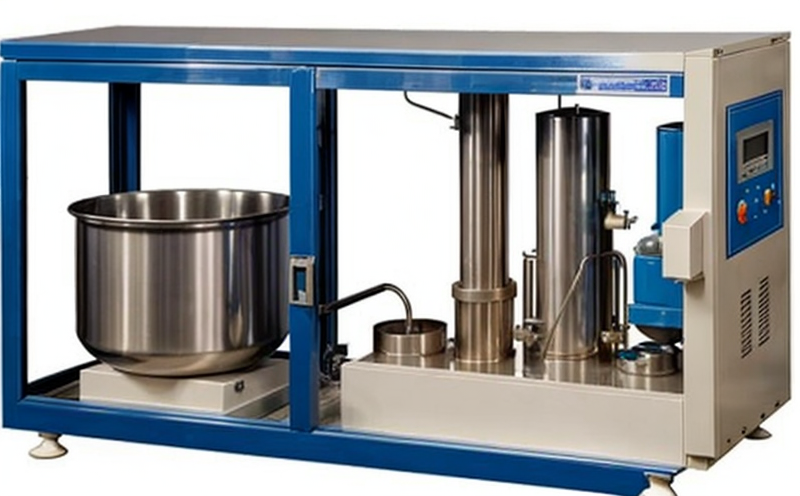ISO 69437 DON Detection in Pasta By-Products
The presence of Deoxynivalenol (DON), also known as vomitoxin, in food and feed products can have severe implications for human health and animal welfare. Contamination with DON not only affects the quality and safety but can lead to economic losses due to recalls or downgrading of products. The ISO 69437 standard provides a robust framework for detecting DON in pasta by-products, ensuring that these products meet the highest standards of safety.
Our laboratory offers comprehensive services using this internationally recognized standard, providing accurate and reliable results that are crucial for quality management and compliance officers. This service is particularly important as it helps ensure the integrity of food chains and supports sustainable agricultural practices.
The process involves several steps: initial sample collection, extraction, purification, and finally, quantification through advanced analytical techniques. The method ensures precise detection levels down to sub-parts-per-million (ppm), which are critical for ensuring that the by-products meet safety standards set out by international regulations such as ISO 69437.
The significance of this service extends beyond mere compliance; it plays a pivotal role in safeguarding public health and maintaining consumer trust. By offering DON detection services, we contribute to the broader goal of promoting food safety and ensuring that consumers are not exposed to harmful contaminants.
In summary, our ISO 69437 DON Detection Service offers detailed, accurate, and reliable results, which are essential for maintaining high standards in quality management and compliance. This service is vital for ensuring the safety and integrity of pasta by-products, thereby supporting the broader goals of public health and sustainable food production.
Scope and Methodology
The scope of this service includes the detection of Deoxynivalenol (DON) in pasta by-products using ISO 69437. The methodology involves several key steps:
| Step | Description |
|---|---|
| Sample Collection | Collection of representative samples from the production process. |
| Precipitation and Filtration | Removal of large debris and particles to ensure a clear sample for analysis. |
| Liquid Chromatography with Tandem Mass Spectrometry (LC-MS/MS) | Quantitative analysis using advanced instrumentation to detect DON levels. |
The use of LC-MS/MS allows for highly sensitive and accurate quantification, enabling the detection of DON at very low concentrations. This process ensures that the results are precise and reliable, meeting international standards.
Our laboratory adheres strictly to ISO 69437 guidelines throughout this entire process, ensuring consistency and accuracy in every test conducted. The use of advanced technology and rigorous adherence to standards guarantees that our clients receive the most accurate results possible.
Benefits
Ensures compliance with international safety regulations.
Reduces risk of contamination and subsequent recalls.
Safeguards public health by preventing exposure to harmful contaminants.
Maintains consumer trust and brand reputation.
Supports sustainable agricultural practices by promoting safe food production.
The ability to accurately detect DON in pasta by-products is crucial for maintaining the safety and integrity of these products. By offering this service, we contribute significantly to ensuring that consumers are protected from potentially harmful contaminants.
Competitive Advantage and Market Impact
The implementation of ISO 69437 DON Detection in Pasta By-Products provides our clients with a competitive edge by ensuring the highest standards of safety and quality. This service is not only essential for compliance but also enhances brand reputation and consumer trust.
Our laboratory's expertise in this area sets us apart from competitors, offering accurate and reliable results that are crucial for maintaining public health and ensuring sustainable food production practices. By adhering to the strictest international standards, we ensure that our clients can confidently market their products as safe and compliant with global regulations.
The demand for safe and uncontaminated food products is increasing globally, and this service plays a vital role in meeting that demand. It helps companies stay ahead of regulatory changes and consumer expectations, thereby enhancing their market position and customer satisfaction.





